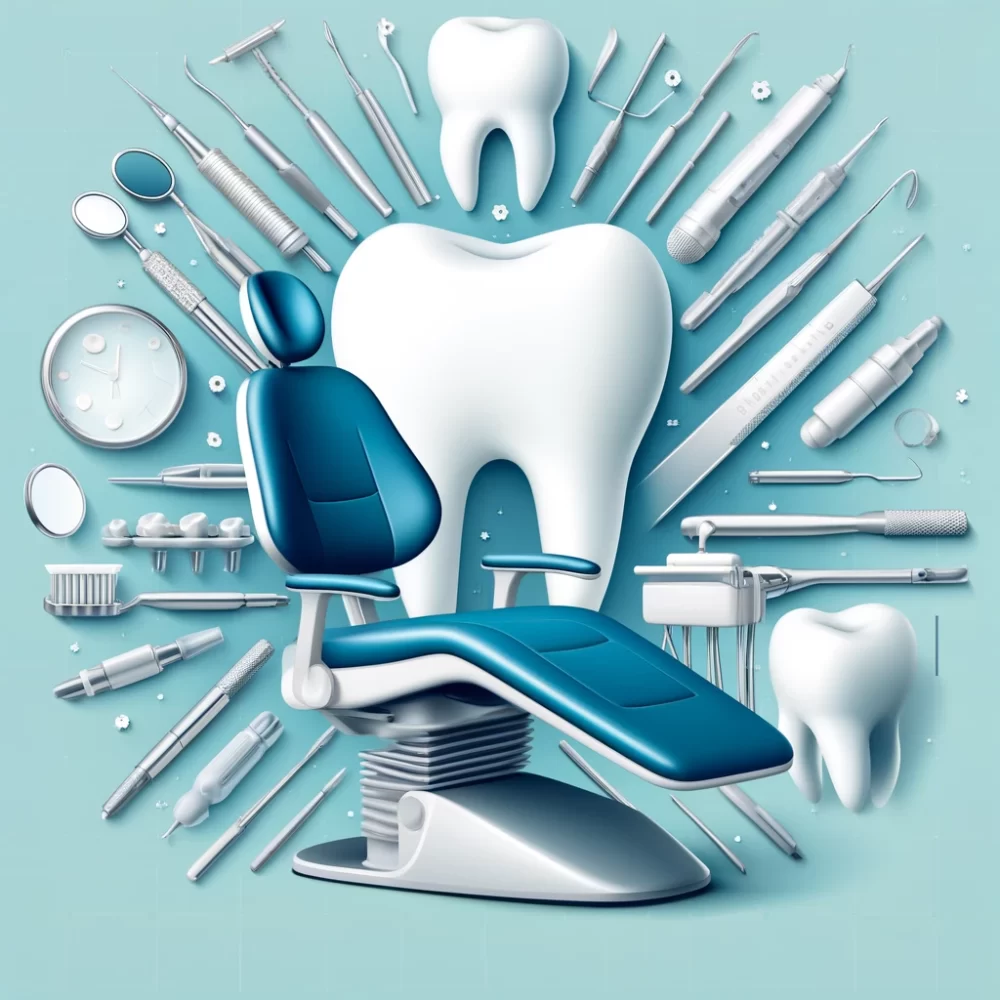
Dental care is essential for maintaining overall health, but sometimes, the treatments offered may not always be necessary. Being informed about which dental procedures are essential and which are not can save you from unnecessary discomfort and expense. Take a look at these ten dental procedures that, in certain cases, might be unnecessary and could be adding extra costs to your dental bills.
1. Routine X-Rays

While X-rays are crucial for diagnosing dental issues, routine use is often unnecessary. Annual X-rays may not be needed unless there are signs of dental problems. According to the Cleveland Clinic, if your gums are healthy, an X-ray should be done every 6 to 18 months. If your dentist is recommending more X-rays than this and you aren’t having any dental issues, you should inquire about the need and if you aren’t satisfied with the answer, you can always say “no.”
2. Teeth Whitening
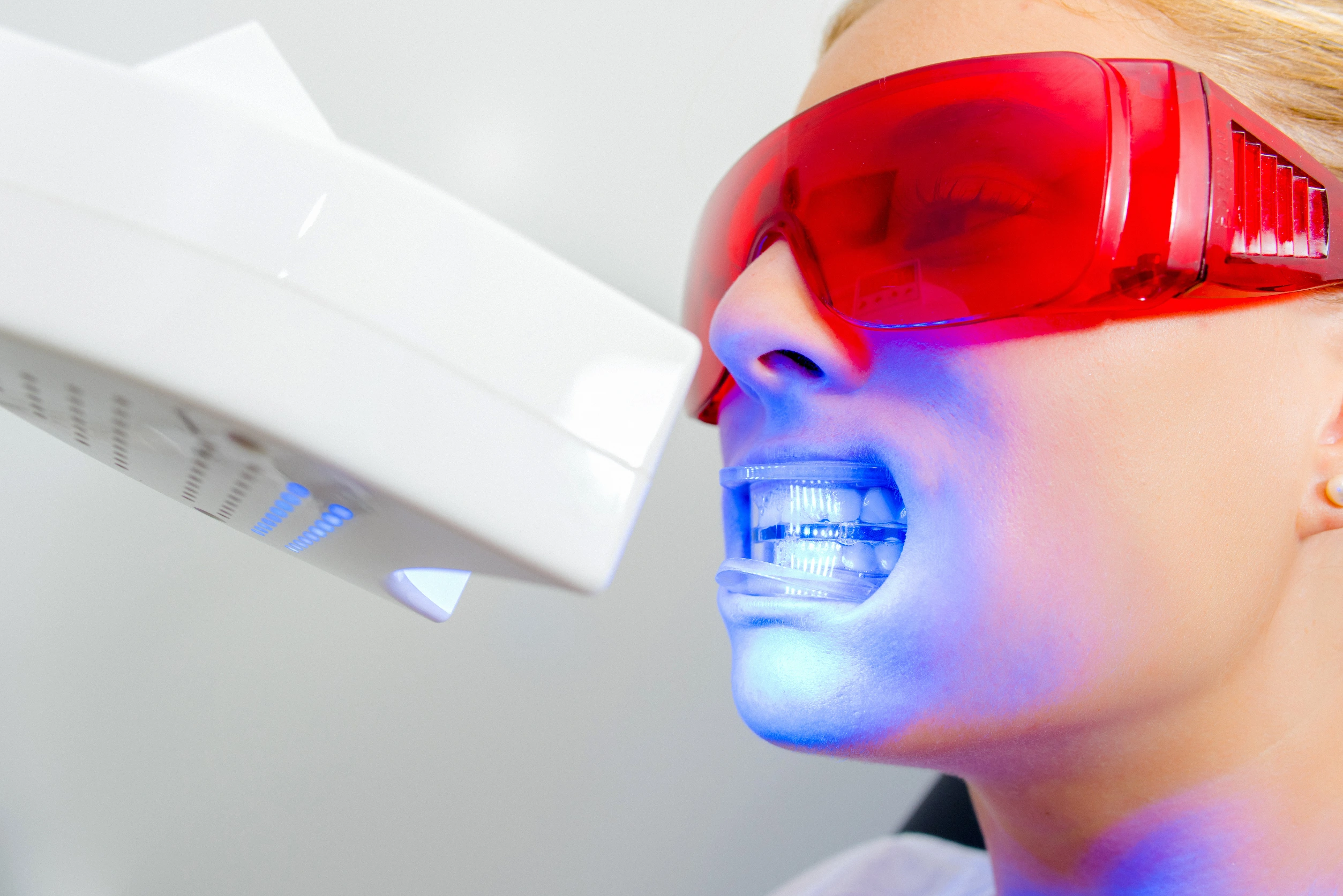
Teeth whitening is a cosmetic procedure that many dentists offer. While it enhances the appearance of your teeth, it’s not a necessary procedure for dental health. It may actually cause teeth to become sensitive making it difficult to eat anything that’s too hot or too cold. The costs can be high, and there are various over-the-counter options available at a fraction of the price.
3. Dental Scaling and Root Planing
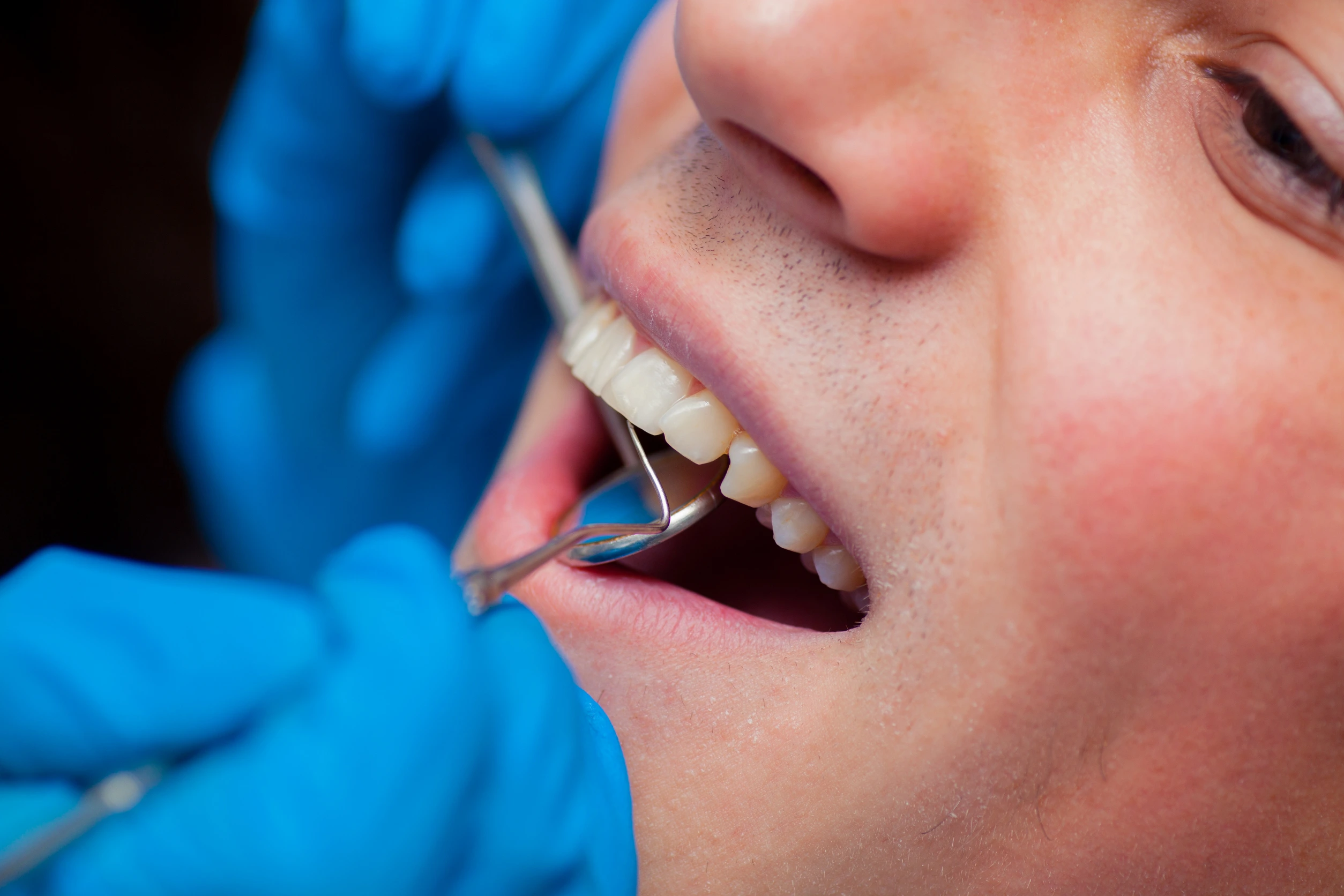
Often suggested for treating gum disease, scaling, and root planing can be unnecessary, especially if you have mild gingivitis that can be resolved with improved oral hygiene. This procedure should be reserved for more severe cases of periodontal disease.
4. Wisdom Teeth Removal

The removal of wisdom teeth is common, but not always necessary. If they are not causing pain, overcrowding, or other dental issues, they might not need to be removed. It’s important to get a second opinion if your dentist recommends extraction without a clear reason.
5. Fluoride Treatments
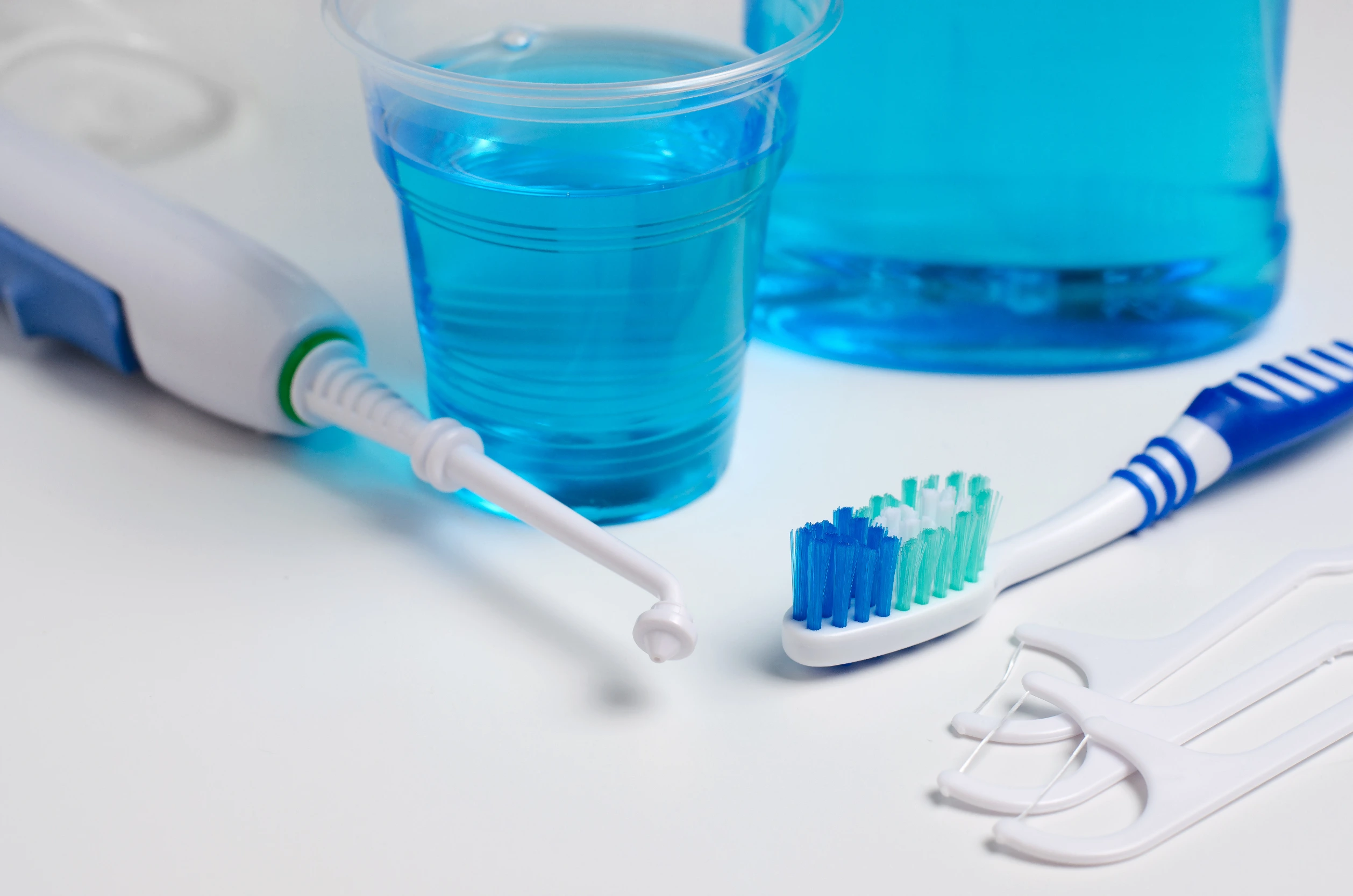
Professional fluoride treatments in adults, especially those with good oral hygiene and no history of cavities, might not be necessary. These treatments are often more beneficial for children and adults with a high risk of tooth decay.
6. Dental Crowns for Minor Tooth Decay
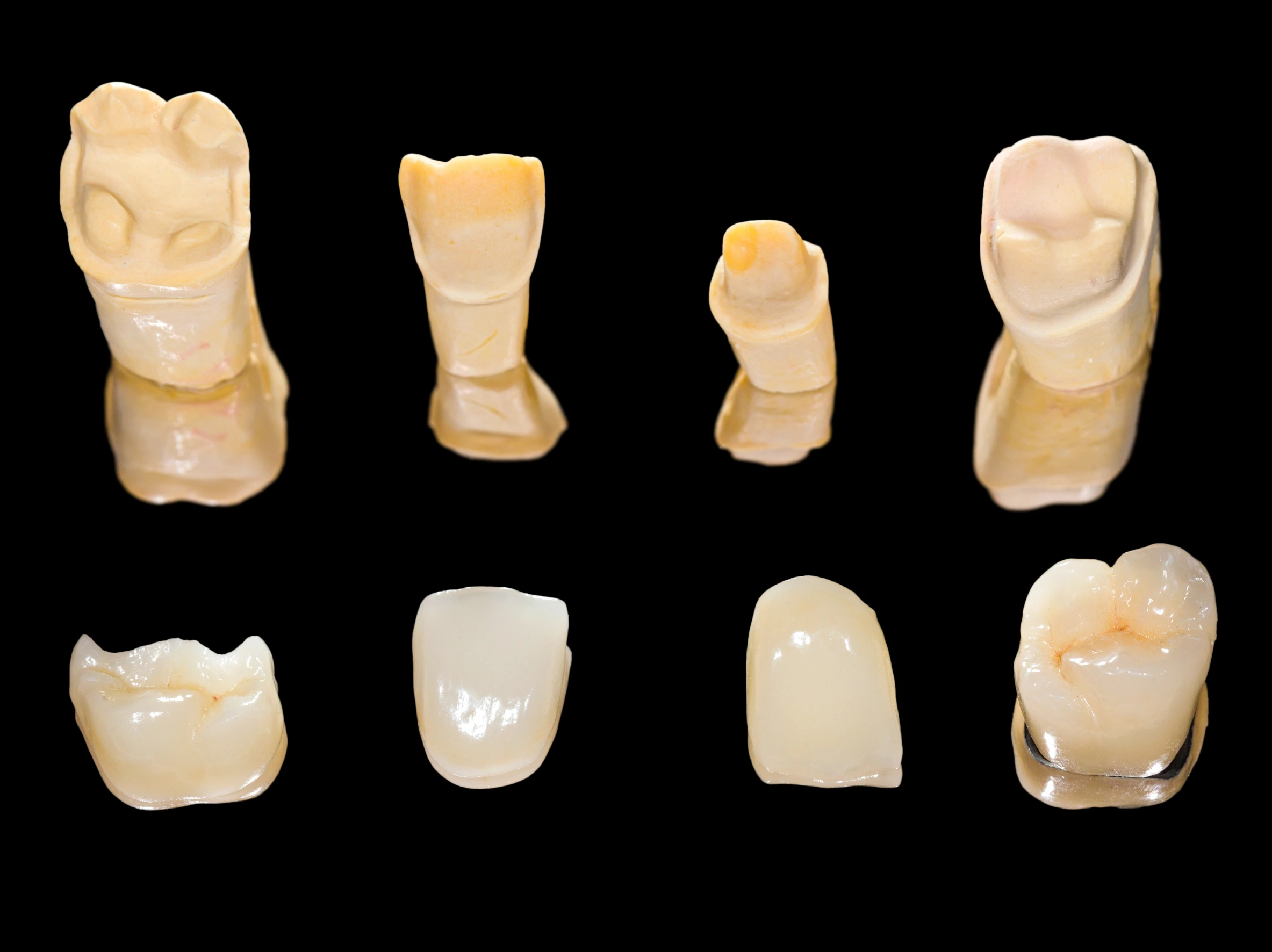
For minor tooth decay, a simple filling is often sufficient. Crowns are sometimes recommended for more extensive decay but can be unnecessary for small cavities. They are more expensive and involve removing more tooth structure than fillings. Although, they can be helpful for other conditions such as covering a discolored tooth or a tooth that has an odd shape, this is an expensive fix for a cosmetic issue.
7. Over-the-Counter Product Recommendations

Dentists may sometimes recommend specific brands of over-the-counter products like toothpaste or mouthwash. However, many of these products offer similar benefits, and a high-priced recommendation may not always be necessary.
8. Deep Cleaning for Preventive Care
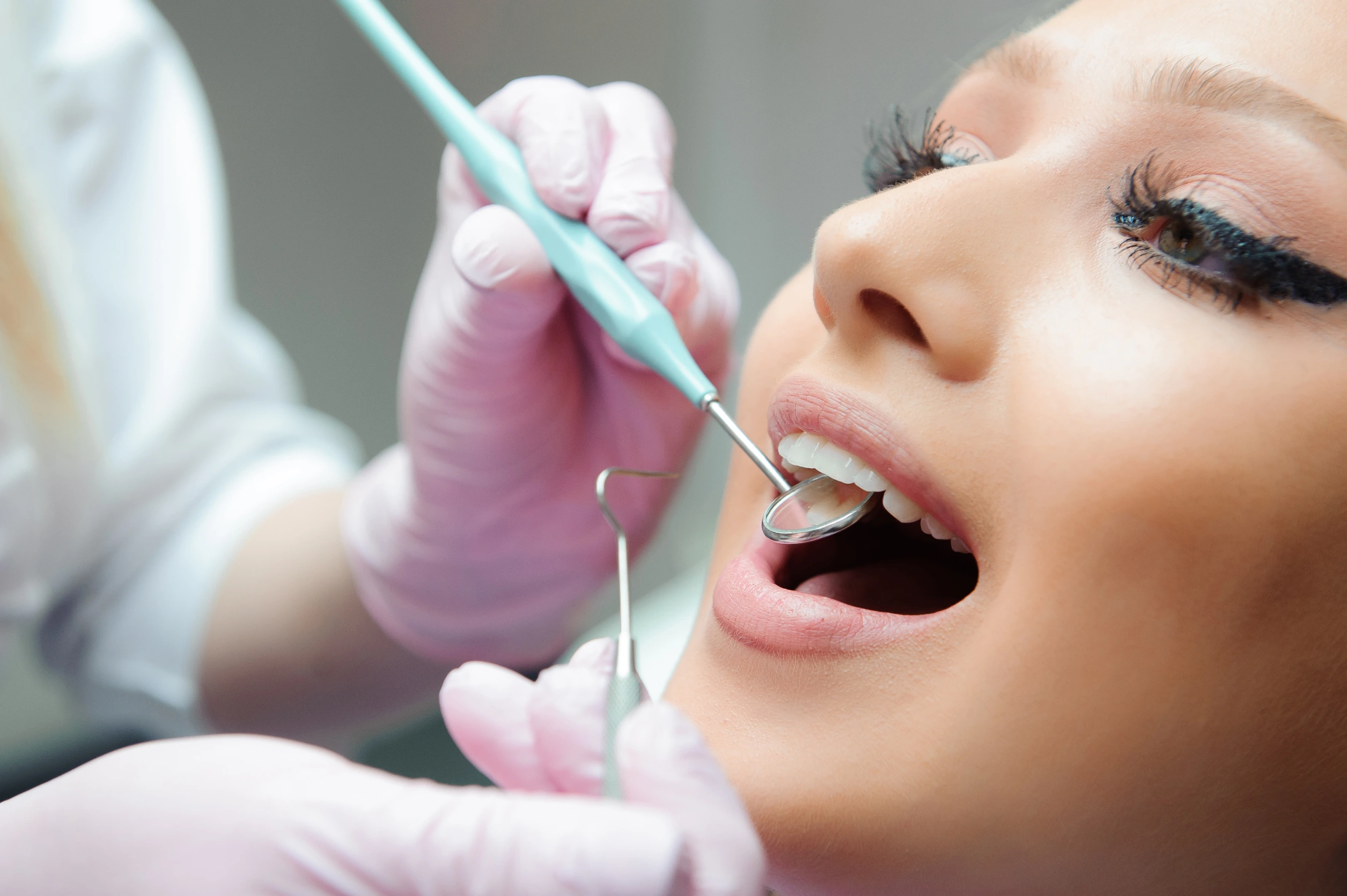
Deep cleaning is often suggested as a preventive measure. However, for patients without signs of periodontal disease, regular cleanings and good oral hygiene might be just as effective without the added cost and discomfort.
9. Extensive Orthodontic Work for Minor Issues
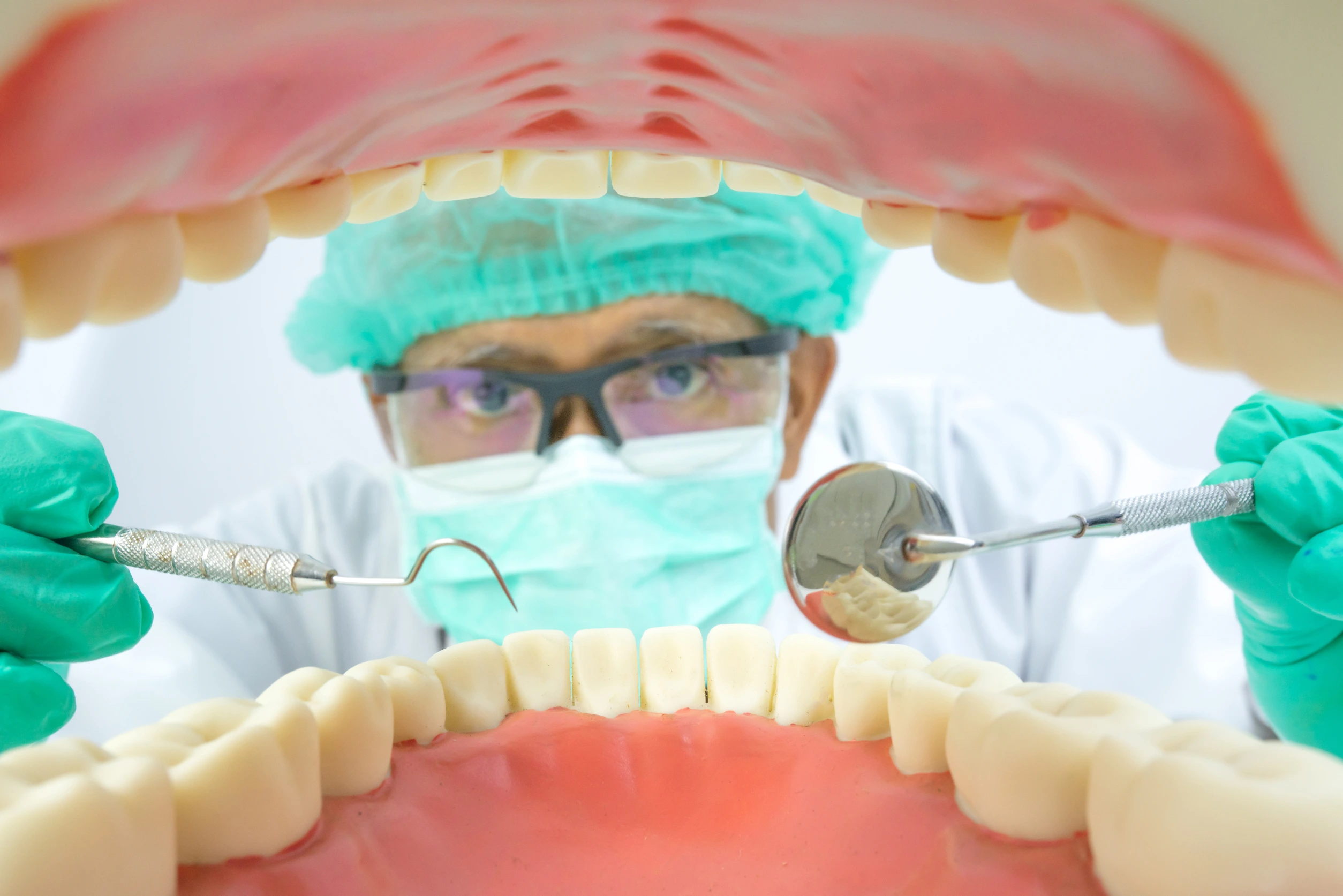
While orthodontic work can be necessary for significant dental issues, it may not be needed for minor alignment problems. Less invasive options like retainers or minor cosmetic procedures can sometimes be a more practical and affordable solution.
10. Night Guards from the Dentist
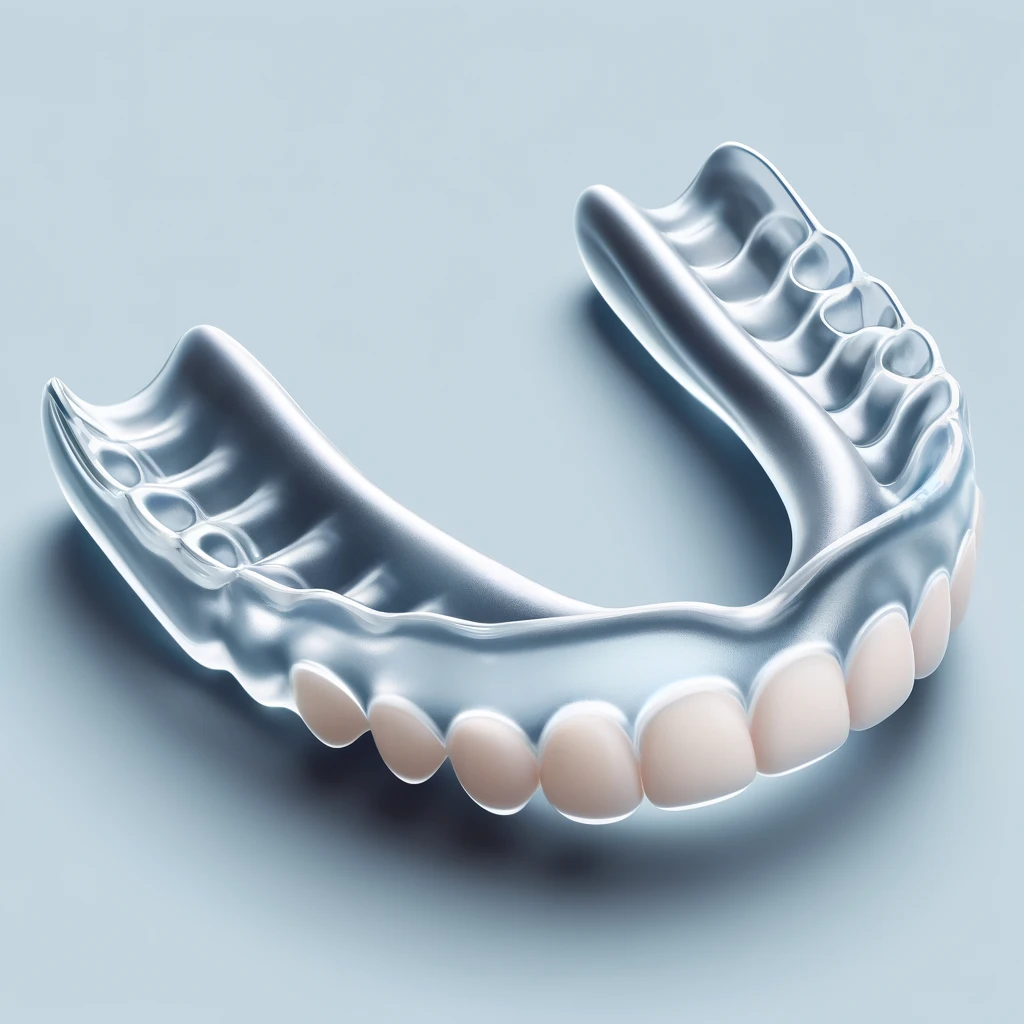
Custom night guards from a dentist can be very costly. If you’re suffering from teeth grinding (bruxism), over-the-counter night guards might be a suitable and far less expensive alternative to try first.
Open Dialogue With Dentist

It’s essential to have an open dialogue with your dentist about the necessity of recommended procedures. Always feel empowered to seek a second opinion. Remember, preventative care through good oral hygiene and regular check-ups is the best way to minimize the need for more extensive dental work.
Be an informed patient, and don’t hesitate to question procedures that seem unnecessary for your dental health and wellbeing.
Have you ever had a dental procedure that you felt was unnecessary? If so, we’d like to hear about it in the comments.
The post 10 Unnecessary Dental Procedures Your Dentist May Be Charging You For appeared first on The Free Financial Advisor.



